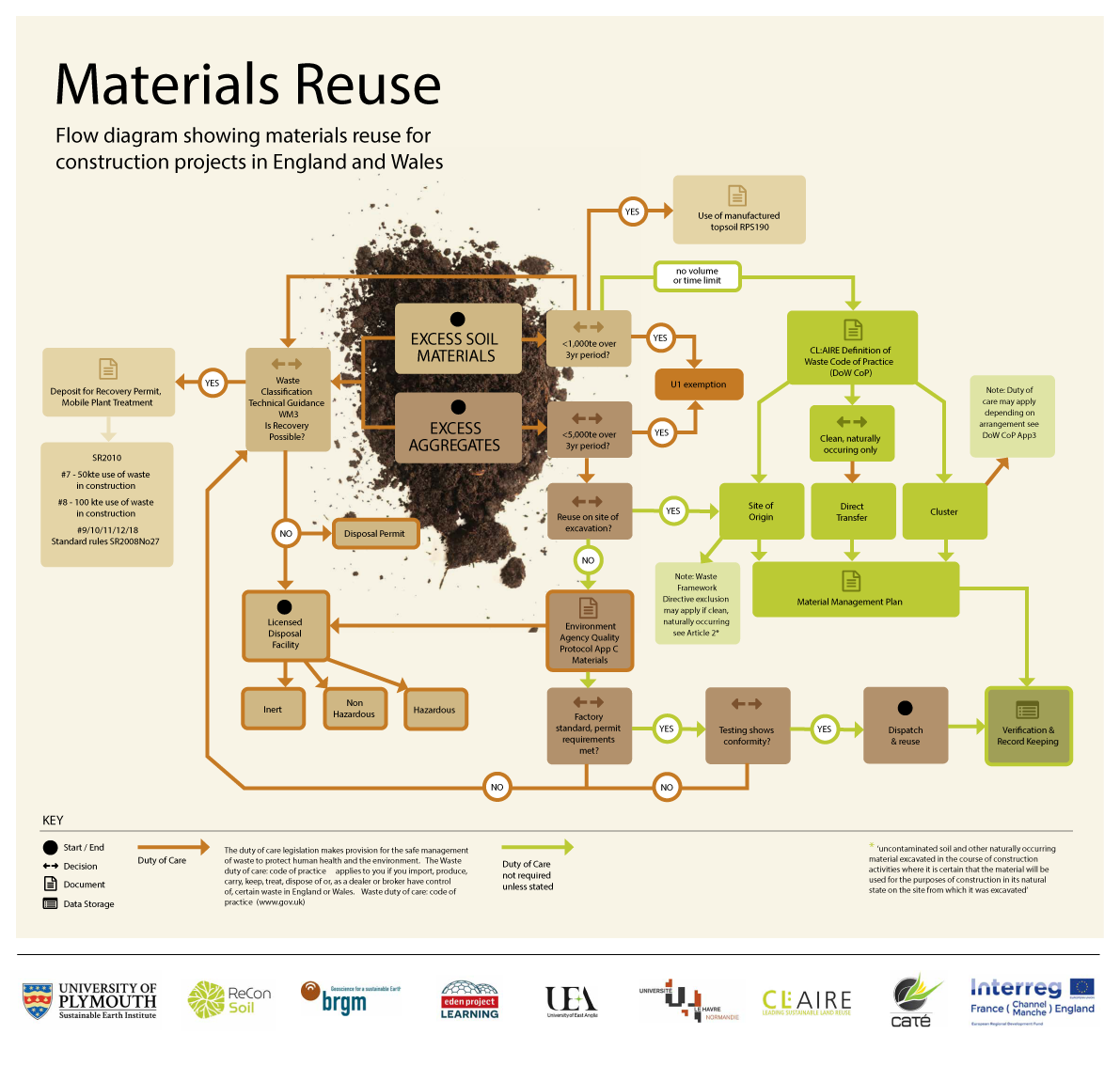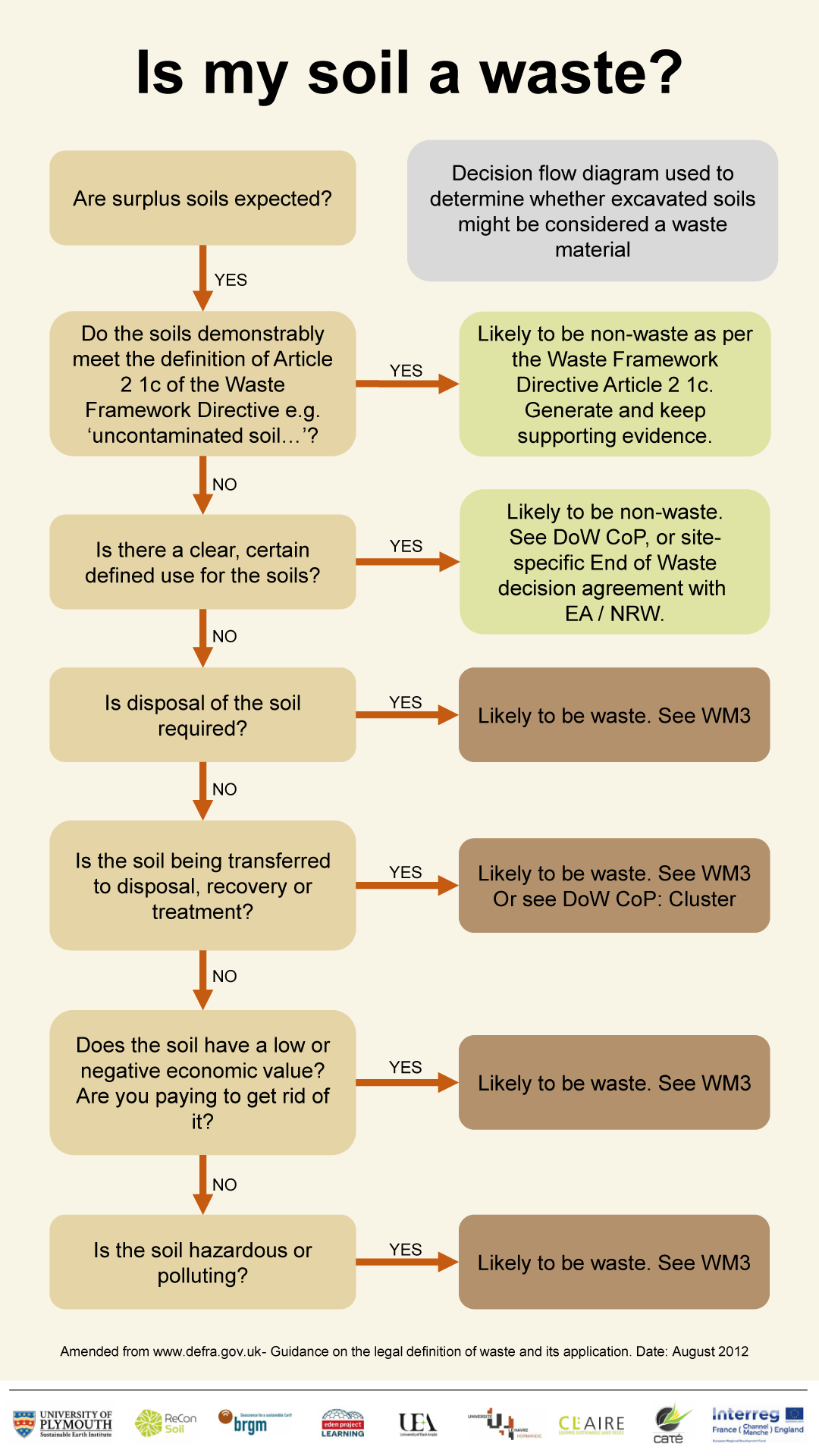Definition of Waste: Code of Practice
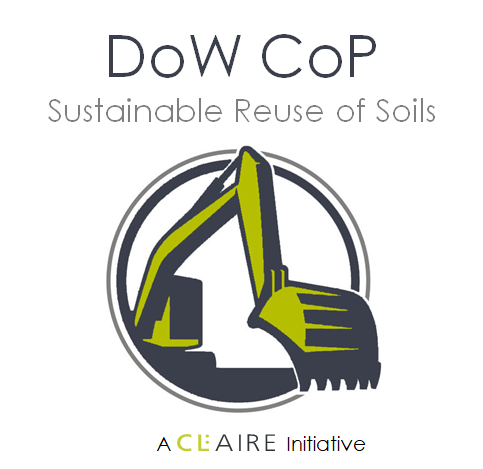
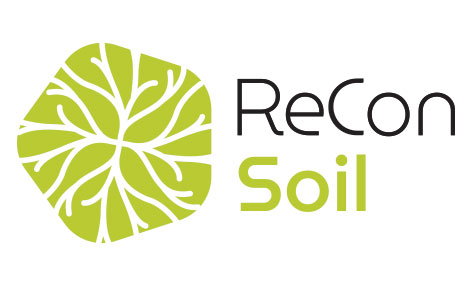
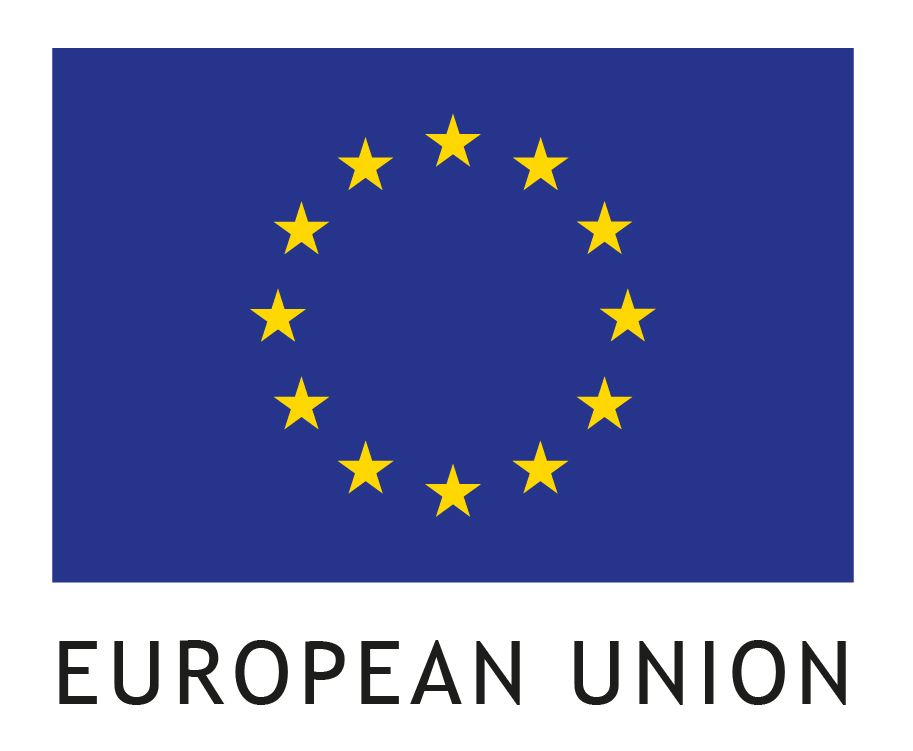
The DoW CoP provides a clear, consistent and efficient process which enables the reuse of excavated materials on-site or their movement between sites.
Use of the DoW CoP supports the sustainable and cost-effective development of land. It can provide an alternative to Environmental Permits or Waste Exemptions.
The DoW CoP enables:
- the direct transfer and reuse of clean naturally occurring soil materials between sites
- the conditions to support the establishment/operation of fixed soil treatment facilities
- the reuse of both contaminated/uncontaminated materials on their site of origin and between sites within defined Cluster projects
ReCon Soil
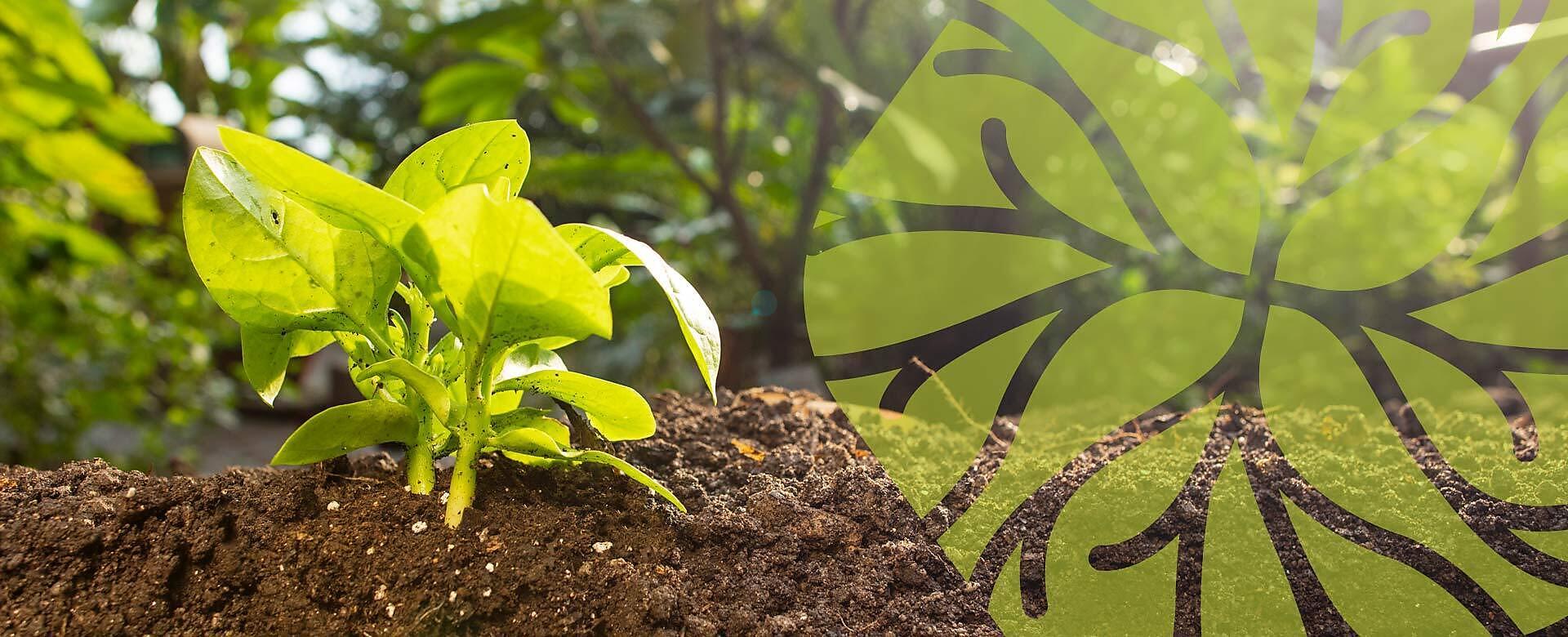
- The Project
- Partners
- Low-carbon Networks
- Toolkit
- Press & Media
The ReCon Soil project studied the potential reuse of surplus materials from the construction industry.
The €2.5million ReCon Soil project, supported by €1.8million from the European Regional Development Fund via the Interreg France (Channel) England programme, started in April 2021 and ended in June 2023.
It brought together scientists, industry and educators to revolutionise how waste material from construction projects is managed, both from a scientific and regulatory perspective.
The project aimed to halt the amounts being paid by the industry to dispose of waste soil from building sites across the UK and France – estimated at more than €3.5billion per annum.
ReCon Soil was led by researchers at the University of Plymouth (UK), who have extensive experience in the development of reconstructed soils and the wider physical and social impacts of soil erosion and degradation. Working with a range of partners in the UK and France, they developed three new soil recipes made from locally-sourced construction waste and agricultural by-products. These recipes were thoroughly investigated in laboratories in Plymouth, and at sites in the UK and France, to monitor their effectiveness and potential environmental impact. The data from those studies were incorporated into blueprints detailing when and where the soils can be deployed, and any amendments needed to ensure their effective deployment.
The world is hugely reliant on good quality soils for food security and their ability to store carbon. However, soils are under both human and climate pressures which means there is a need to develop resilient and sustainable alternatives. Human intervention to sustain and improve soil was an ancient practice in the Amazon Basin and reconstructed soils can unquestionably be part of future solutions to soil health and climate mitigation. This project offers the exciting prospect of focussing the scientific and practical expertise of the project team to develop healthy soils and enable this process to be rolled out in the UK, France and beyond.Mark Fitzsimons
Professor of Environmental Chemistry at the University of Plymouth
ReCon Soil Project Principal Investigator
Read More
 The University of Plymouth is home to world-leading researchers in various aspects of soil research. Working with partners including the world-famous Eden Project, it has over a decade of expertise in the design and manufacture of reconstructed soils. This includes measuring the effectiveness of soil recipes and the nutrients that need adding to ensure optimum mixes and working with industry and agriculture to ensure they are fit for purpose.
The University of Plymouth is home to world-leading researchers in various aspects of soil research. Working with partners including the world-famous Eden Project, it has over a decade of expertise in the design and manufacture of reconstructed soils. This includes measuring the effectiveness of soil recipes and the nutrients that need adding to ensure optimum mixes and working with industry and agriculture to ensure they are fit for purpose.
It has also led internationally significant research in Europe, Africa and South America looking at the causes and effects of soil degradation. That research has suggested that an interdisciplinary approach – which includes engaging local communities – is the only way to secure real and lasting change and avoid such devastating impacts on traditional farming landscapes.
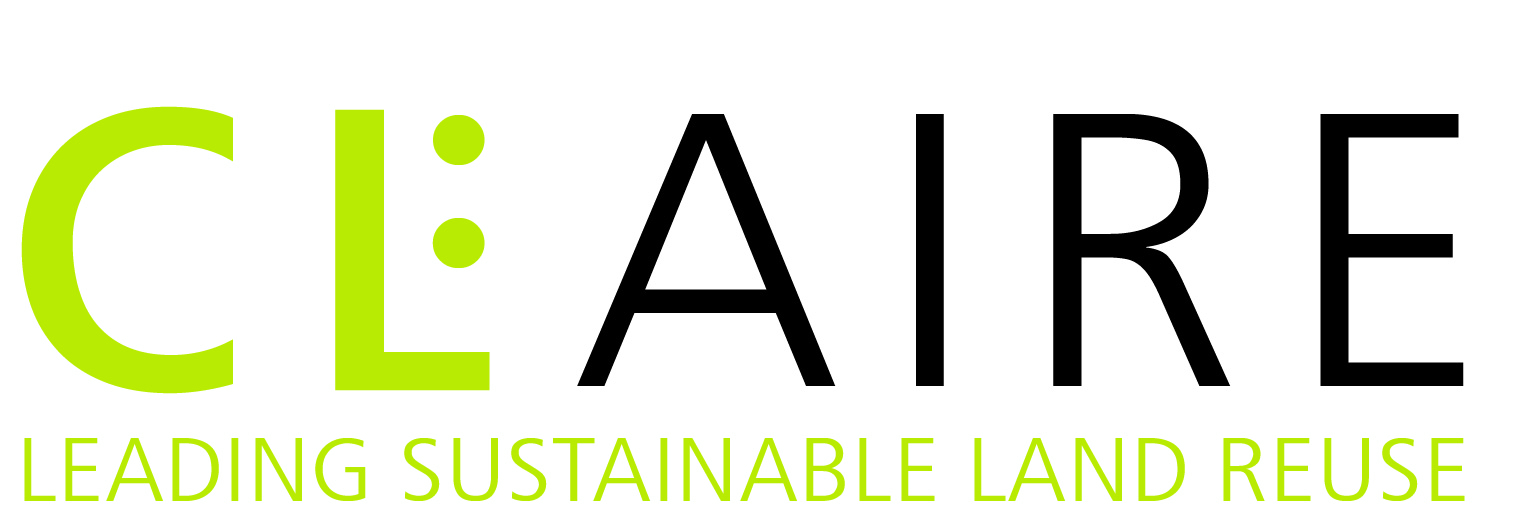 CL:AIRE is an educational charity that works with industry, through its membership, to identify common problems in the field of sustainable land management. Using its extensive experience of developing industry-led initiatives, it works with highly respected experts and government to develop solutions which are tested and critiqued by our Members to ensure they are fit for purpose. It promotes innovative materials management and brownfield redevelopment including contaminated land remediation across a number of sectors and has a breadth of expertise in technology development, dissemination and knowledge transfer.
CL:AIRE is an educational charity that works with industry, through its membership, to identify common problems in the field of sustainable land management. Using its extensive experience of developing industry-led initiatives, it works with highly respected experts and government to develop solutions which are tested and critiqued by our Members to ensure they are fit for purpose. It promotes innovative materials management and brownfield redevelopment including contaminated land remediation across a number of sectors and has a breadth of expertise in technology development, dissemination and knowledge transfer.
CL:AIRE independent technical advisory group, the Technology and Research Group (TRG), is made up of leading land contamination practitioners who provide transparent review of CL:AIRE’s outputs which include an extensive range of materials for technical and non-technical audiences, including bulletins, reports, webinars, videos and animations.

Eden Project Learning (EPL) is an educational partnership between the Eden Project and The Cornwall College Group and offers undergraduates and postgraduates the opportunity to gain recognised qualifications from HNC to MSc, while gaining practical hands-on experience in an extraordinary learning environment at Eden Project, UK.
EPL is one of the largest degree level plant science groups in the UK, with soil science as a core component of all education programmes. Based at the Eden Project, EPL has unique access to the Eden Project biomes, labs, and 20-year-old soils constructed from waste materials and alongside the ReCon Soil project partners, EPL shares decades of expertise in the design and manufacture of reconstructed soils.
EPL soils and plant science physiological expertise will have substantial input in ReCon Soil project work packages, developing soil recipes and investigating through plant growth experiments and plant/soils analysis. Through its public engagement at Eden Project and Citizen Science, as well as through training a range of beneficiary/stakeholder groups, EPL will be a key partner on the ReCon Soil project as a prominent outreach platform via Eden Project, communicating scientific plant and soils knowledge to the public (approx. 7000 visitors per day).
 The Bureau de Recherches Géologiques et Minières (BRGM) in Normandy, France, is the national geological service and is the benchmark public establishment in France for the application of Earth sciences to manage the resources and risks of the soil and subsoil with a view to sustainable development.
The Bureau de Recherches Géologiques et Minières (BRGM) in Normandy, France, is the national geological service and is the benchmark public establishment in France for the application of Earth sciences to manage the resources and risks of the soil and subsoil with a view to sustainable development.
BRGM's role within the ReCon Soil project is to:
- Establish a database of local waste with potential for soil restoration in an agricultural or urban development context.
- Develop and test soil formulations from the identified waste by developing a pilot-scale soil construction demonstrator to study their safety, as well as their potential for carbon sequestration.
- Establish a life cycle analysis of this waste-to-energy approach as a low-carbon technology and identify potential environmental benefits.
 Comité d’Action Technique et Economique (CATÉ), Bretagne, is an experimental centre based in the heart of the vegetable and horticultural production area of Brittany. The station carries out regional, national and European programmes of experimentation on fresh vegetables, ornamental horticulture and cultivated mushrooms. These programmes seek to resolve technical issues which may be encountered in production and develop the diversification and segmentation of the products.
Comité d’Action Technique et Economique (CATÉ), Bretagne, is an experimental centre based in the heart of the vegetable and horticultural production area of Brittany. The station carries out regional, national and European programmes of experimentation on fresh vegetables, ornamental horticulture and cultivated mushrooms. These programmes seek to resolve technical issues which may be encountered in production and develop the diversification and segmentation of the products.
Located in St Pol de Léon, in the heart of the vegetable and horticultural area of Brittany, the station conducts regional and national experimental programs in fresh vegetables, ornamental horticulture and cultivated mushrooms. These programs aim to solve the technical problems encountered in production or to respond to changes in consumption.
 At the heart of the concerns of the University of Le Havre Normandie, is the dissemination of scientific culture at the interface of several major axes: the access of all citizens to scientific knowledge, the development of a taste for science in the youngest and enhancement of scientific and technical heritage.
At the heart of the concerns of the University of Le Havre Normandie, is the dissemination of scientific culture at the interface of several major axes: the access of all citizens to scientific knowledge, the development of a taste for science in the youngest and enhancement of scientific and technical heritage.
On the strength of the dynamism of its research structures, the University of Le Havre Normandie has initiated the organization of numerous scientific events, the publication of scientific works, in particular within the framework of a publication service carried out both by the University of Rouen Normandy and the University of Le Havre Normandy, or the organization of scientific mediation actions for the general public.
 University of East Anglia is a partner organisation in this cross-Channel research project, bringing expertise in soil science, spatial analysis and environmental economics.
University of East Anglia is a partner organisation in this cross-Channel research project, bringing expertise in soil science, spatial analysis and environmental economics.
The Research Excellence Framework assessment (2014) showed that over 82% of UEA's research activity was "world-leading" or "internationally excellent”. The School of Environmental Sciences is one of the longest established, largest and most fully developed interdisciplinary institutions of its kind in Europe. In 2017, The Queen’s Anniversary Prize for Higher and Further Education, was awarded to the School, marking 50 years of ground-breaking environmental science research and teaching.
Read MoreThe ReCon Soil Project will establish low-carbon technology networks, with members from the construction, agricultural, conservation, and public sectors.
These networks will focus on contributions from five key sectors:
- Users e.g. consultants / contractors
- Regulators
- Academia
- Champions / Influencers
- Specialists e.g. labs, tech providers
Read More
| The ReCon Soil Toolkit | ||
| Reconstructed Soil Factsheets | Three factsheets detailing the physical, chemical and microbial properties of the three ReCon Soil recipes. | |
| ReCon Soil and DoW CoP Briefing | Short form summary document introducing the work of ReCon Soil and how it can fit within existing soils reuse guidance in England and Wales. | |
| DoW CoP Guidance Bulletin 3 | This bulletin serves to provide the reader with a summary of the Definition of Waste: Development Industry Code of Practice (DoW CoP) (CL:AIRE, 2011), its purpose and application and a reminder of the importance and value of managing soil sustainably. | |
|
Protocol for assessment of waste materials for use in reconstructed soils |
Guidance document on considerations to be made prior to reconstruction and deployment of soils. | |
| Materials reuse flow diagram | Flow diagram showing materials reuse for construction projects in England and Wales | |
| Is my soil a waste? Decision flow diagram | Decision flow diagram to determine whether soils are likely to be a waste. | |
| Register of Materials User Guide | User guide for the Register of Materials, the service that facilitates connections between Donor and Receiver sites to enable reuse. | |
| Carbon ReConer© Soil Recipe Design Tool | Tool in Excel that enables users to simulate the carbon stability profile of their reconstructed soils by combining proportions of assessed candidate materials. A manual for the use of this tool is included on sheet 2 of the document. Further information about the assessment of the materials can be found in the Factsheet - Carbon stability in ReCon Soil component materials | |
| Factsheet - Carbon stability in ReCon Soil component materials | This factsheet accounts the carbon stability profiles of two reference materials (cellulose and lignin) and 31 candidate component materials with potential to be used to construct soils. | |
| Factsheet - Carbon storage potential of ReCon Soil constructed soils | This factsheet provides the carbon storage data for three ReCon Soil constructed soils. The carbon storage potentials of these soils have been benchmarked against native ‘natural’ soils. | |
| Paper - A Life Cycle Assessment for Reconstructed Soil | Life Cycle Assessment including tables of impacts for soil components, soil amendments, transport and other machinery. | |
| Life Cycle Assessment: A step-by-step guide to estimating environmental impacts | A step by step guide to enable industry users to produce a Life Cycle Assessment on the reconstruction and reuse of their own soils. | |
| Cost Benefit Analysis: A step-by-step guide to estimating economic impacts | A step by step guide to enable industry users to produce a Cost Benefit Analysis on the reconstruction and reuse of their own soils. | |
| Case study - Reconstructed soils from waste - a field study at The Lost Gardens of Heligan | Case study on the deployment of reconstructed soils alongside alternative soil preparation methods at a public demonstration plot. | |
|
Sustainable soil management during construction stockpiling – Bicton field trial |
Case study on the impact of soil management and stockpiling on soil quality, structure and biodiversity. | |
|
The impact of cover crops on microbial activity and community composition in stockpiled soils |
Case study on the impact of cover crops on microbial activity and community composition. | |
|
Effect of electro-kinetic remediation of dredged sediments on zucchini growth |
Study on the use of electro-kinetic remediation of dredged sediments and the impact on their subsequent use as a plant growth medium. | |
|
Soil sensor deployment protocol leaflet |
Summary leaflet for sensor technologies and their application through various stages of the development and construction. | |
|
Soil sensor protocol poster |
Thought provoking poster highlighting uses of soil sensor technology, and their importance in managing soil as a resource. | |
